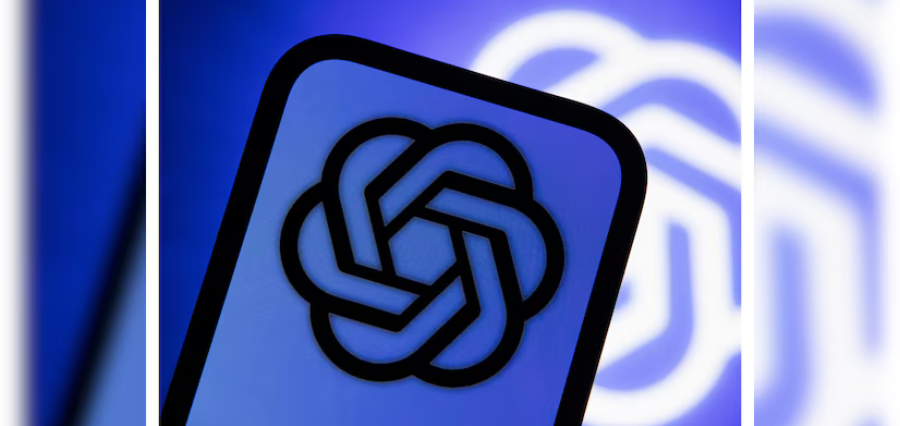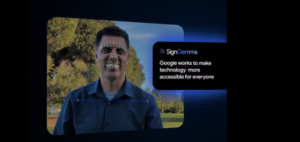Prime Highlights:
- OpenAI is pursuing students with free access and university collaborations to turn ChatGPT into a regular academic companion.
- The effort may revamp how young students engage with AI in schools and life.
Key Facts:
- OpenAI is providing college students with free ChatGPT Plus use in order to boost usage during exams.
- One in four ChatGPT user messages from 18- to 24-year-olds concerns schoolwork.
- Competitor Anthropic introduced Claude for Education to promote deeper critical thinking via AI.
Key Background
OpenAI’s education-focused strategy marks a new chapter in the integration of artificial intelligence into academia. As AI rapidly becomes a foundational part of modern work and learning, OpenAI is investing in making its tools familiar and indispensable to students early on.
The launch of ChatGPT Edu reflects this commitment. Designed specifically for higher education institutions, it supports both teaching and research by giving access to enterprise-level AI tools. It is part of OpenAI’s broader $50 million initiative, the NextGenAI Consortium, which partners with top global universities to promote AI readiness in curricula and faculty development.
ChatGPT use among young adults is already widespread. Over one-third of users between the ages of 18 and 24 are actively using the tool on a regular basis, and nearly a quarter of that usage is specifically related to school-related activities. Students are leveraging ChatGPT to aid in research, create writing drafts, summarize articles, and even perform homework assignments. Such habits indicate the next generation is already becoming AI-reliant when it comes to learning.
This increase in student demand has also created competition. Anthropic’s Claude for Education is the alternative solution that offers a different methodology by encouraging critical thinking and question-based learning. Its “Learning mode” does not only provide answers but rather instructs users to think critically and develop their own conclusions. This is in contrast to how OpenAI has taken a productivity and convenience route
OpenAI executives see embracing AI early as the key to career success in the future. As workplace technology is rapidly evolving, learning how to work with tools like ChatGPT may become as fundamental as learning how to code. By engaging with students at this time, the company is setting the foundation for long-term user commitment and professional take-up.
The learning drive can also counter the digital divide in access to AI, particularly for less resource-endowed institutions. But it does bring up concerns regarding overdependence and whether AI will augment or hamper deep learning and autonomous thinking.
Finally, OpenAI isn’t merely marketing a product—it’s defining a generation’s connection with artificial intelligence. With deliberate timing, campus outreach, and gratuitous premium products, it’s making college classrooms a testing ground for the future of AI and learning.
Read Also : Broadcom Posts Robust Q2 Profit with AI Boom, But Shares Fall








